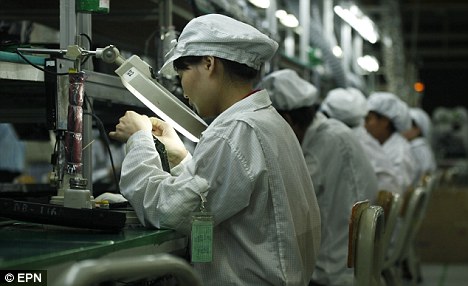Undergoing major economic changes in the 1980s, Hong Kong’s per-capita GDP ranks higher than that of Italy and not far behind the likes of Britain and France. When much of the manufacturing activities that put Hong Kong on the map moved across the border in the 1980s, service sectors like banking, trading, and real estate moved in and now employ nearly 90% of the workforce. However, as enticing as that may sound, Hong Kong is a very tough city for the unskilled or semiskilled, many being unable to reintegrate into the changing city. In the neighbourhood of Mong Kok, 22 men live in 450 square foot apartment, each having his or her own cubicle just a little larger than a single bed, stacked above one another in a dark and dank passageway. Is it known that at least 170,000 people live in these cubicles all over Hong Kong. As the soaring prices for housing pushed more and more low-income people out of the market for regular housing, rent on these spaces skyrocketed by nearly 20% while the cost on a per-square-foot basis is nearly one-third more expensive than a regular apartment.
Monthly Archives: September 2013
Samsung Launches Two New Smartphones in India
With the recent release of the iPhone 5C to target the mid-segment mobile market, Samsung will also launch two new smart phones in India this month. Priced at about Rs 5,000 – 15,000 (around $80-$240), the new phones will target the mid-end to high-end market and will also offer access to local languages like Hindi, Punjabi, Tamil, Bengali, Telugu, Kannada, Malayalam, Marathi, and Gujarati. Samsung holds about 49% of market shares in India’s smart phone industry, offering 17 different phones from the Samsung Star to the S4, and hopes to attract non-English speaking customers. Vineet Taneja, a representative from Samsung, said that the “competition now in the smart phone market is how to make the phone size small without compromising on the screen size,” just days before the launch of one of Samsung’s largest and most high-end phones, the Galaxy Note 3. However, Samsung has long neglected the market for Phablets in India although, as The Times of India points out, “Indian consumers love Phablets.” While Apple does not have any Phablet sized phones as of yet, Samsung has a clear advantage over other brands in not only innovation, but also owning a large share of the smart phone market.
Steps to Improvement, Jabil Circuit’s Investigation

After the unveiling of the iPhone C, a report by the China Labor Watch claimed that the phone was being produced under illegal and abusive conditions. Through interviews with about 90 employees and an undercover investigator, it was revealed that workers were forced to stand 12-hour shifts with only two half-hour breaks for six days a week. Staff members “[worked] without adequate protective equipment” and was exposed to various chemicals, noises, and lasers for 69 hours a week. Workers slept in crowded dormitories with some having 8 per room and only by working 100 hours of overtime a month can workers secure an income that matches the city average. The factory, owned by Jabil Circuit, said that the problems were uncovered in August and steps are being taken to investigate the allegations made by the China Labor Watch. After the controversy at the Foxconn factories, Apple has made various improvements by implementing new regulations and improving the overall conditions in many factories. As one of the most influential companies in China, Apple can be a driving force behind improving conditions in China by providing jobs to millions of Chinese workers. Workers' rights 'flouted' at Apple iPhone factory in China
Hello world!
Welcome to UBC Blogs. This is your first post. Edit or delete it, then start blogging!
